
The 'Double Track' policy introduced to increase access for students into senior high schools (SHS) as a result of the introduction of the Free Senior High School (FSHS) programme will continue, despite earlier assurances that it will end at the beginning of the 2019/2020 academic year.
This, according to the Minister of Education, Dr Matthew Opoku Prempeh, was due to the fact that some of the contractors working on improving infrastructure facilities in some of the schools had not completed with work as scheduled.
"As a result, this year, cabinet has decided that the second years will continue with the 'Double Track' and every individual institution that the contractor finishes with the infrastructure project, we will take that school back onto 'Single Track'," he explained.
Dr Prempeh disclosed this when he took his turn at the Meet-the-Press series organised by the Ministry of Information in Accra yesterday.
He said both first and second years would do the 'Double Track', however, as a general principle; gradually the schools that got their infrastructure completed would be moved to become single track schools.
"For every school that completes with its infrastructure, we will move the second years onto the 'Single Track' so that only the first years will continue with the 'Double Track', but first years and second years of this incoming academic year will both do the 'Double Track' as a general principle, but the schools that get their works completed will become 'Single Track'," he emphasised.
The minister noted that about 804 different infrastructure projects were currently ongoing across all 700 schools in the country, adding that majority of the projects were concentrated in the 395 schools operating under the 'Double Track' programme.
"The choice the Ghanaian kids exercise has made it imperative that even though we have about 700 senior high schools, it is only 395 that have the 'Double Track' status, and this is because they are the schools the kids want to go to," he stressed.
According to him, the government's commitment to secondary education remained that no child was left behind, as well as ensuring equity, access, quality, skills development and infrastructure expansion.
He noted that secondary school enrolment had shot up by about 43 per cent following the introduction of the FSHS, and it was projected that the total enrolment figure for all three streams would hit 1,264,194 as against the 881,600 that existed prior to the introduction of the programme.
Touching on the new educational curriculum for basic education, Dr Prempeh said the new curriculum would be rolled out for kindergarten and the primary schools at the beginning of the 2019/2020 academic year.
He said the need for the new curriculum became necessary due to the fact that the old one was fraught with a number of challenges including; content overload, limitations of the objective based curriculum, inability of the assessment system to provide sufficient data on which improvement in teaching and learning could be fashioned.
Dr Prempeh explained that the new curriculum emphasised the acquisition of the 4Rs that is; reading, writing, arithmetic and creativity across the entire primary curriculum.
He said subject curricular had been developed, launched and handed over to the Ghana Education Service (GES) and the printing and distribution of some materials was in progress and expected to be completed by August.
To this end, he said about 290,000 copies of the curricula for the 12 subject areas, 157,000 teacher resource packs had been printed to cover 152,000 teachers and trainers.
On the rationale behind the new Tertiary Education Policy (TEP), the minister explained that it was to harmonise the isolated policies and piecemeal interventions in the management and regulation of tertiary education in the country.
Read Full Story
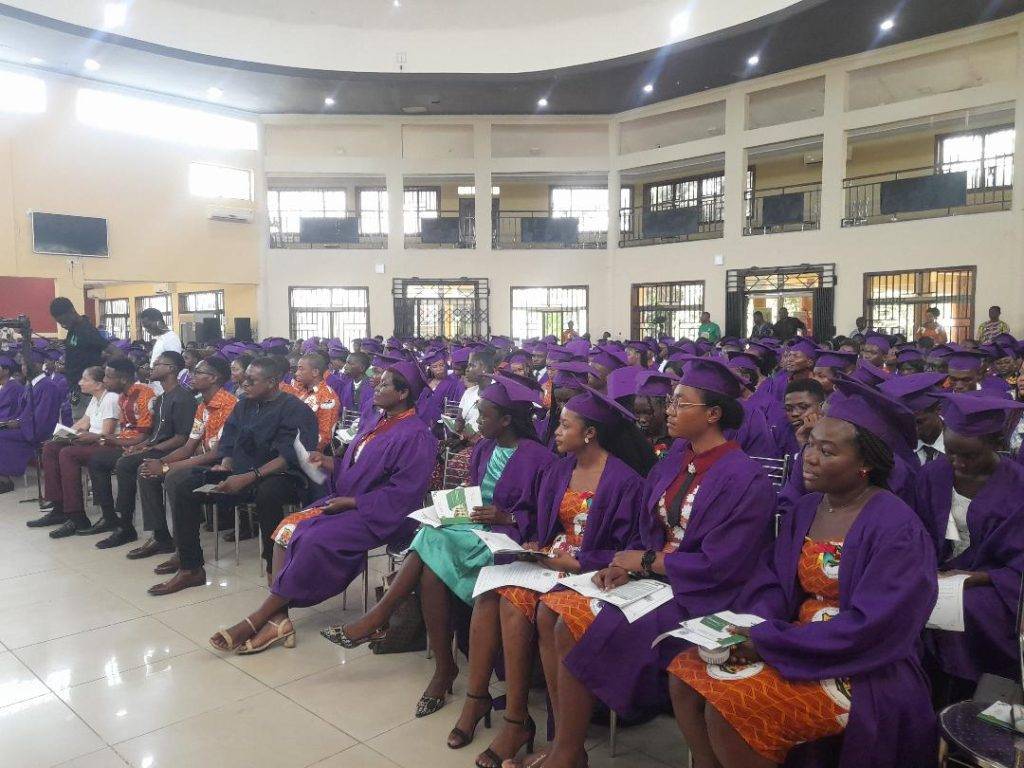
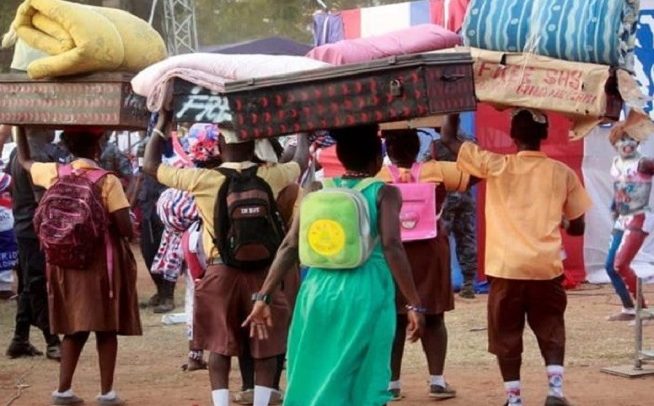

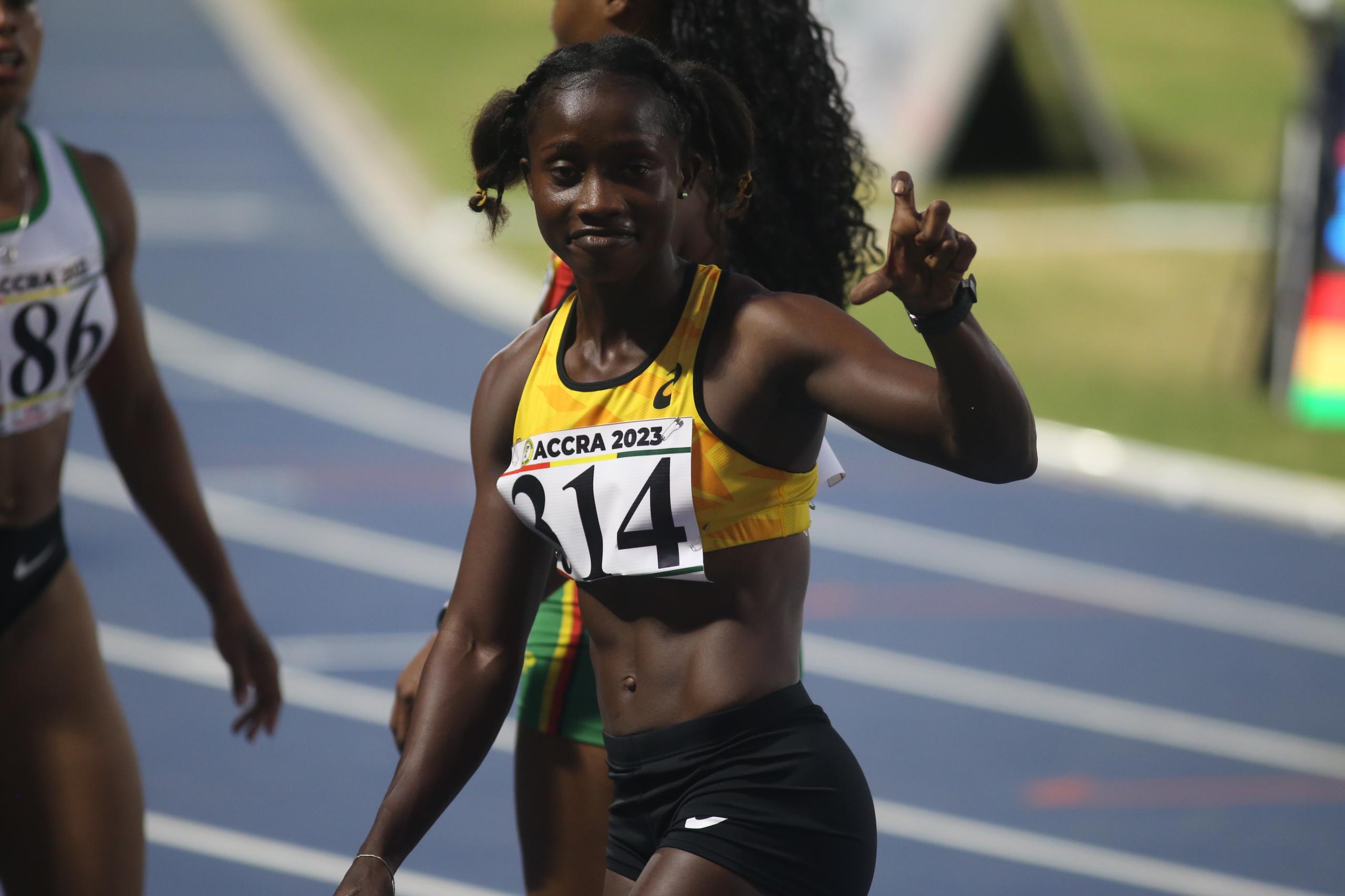
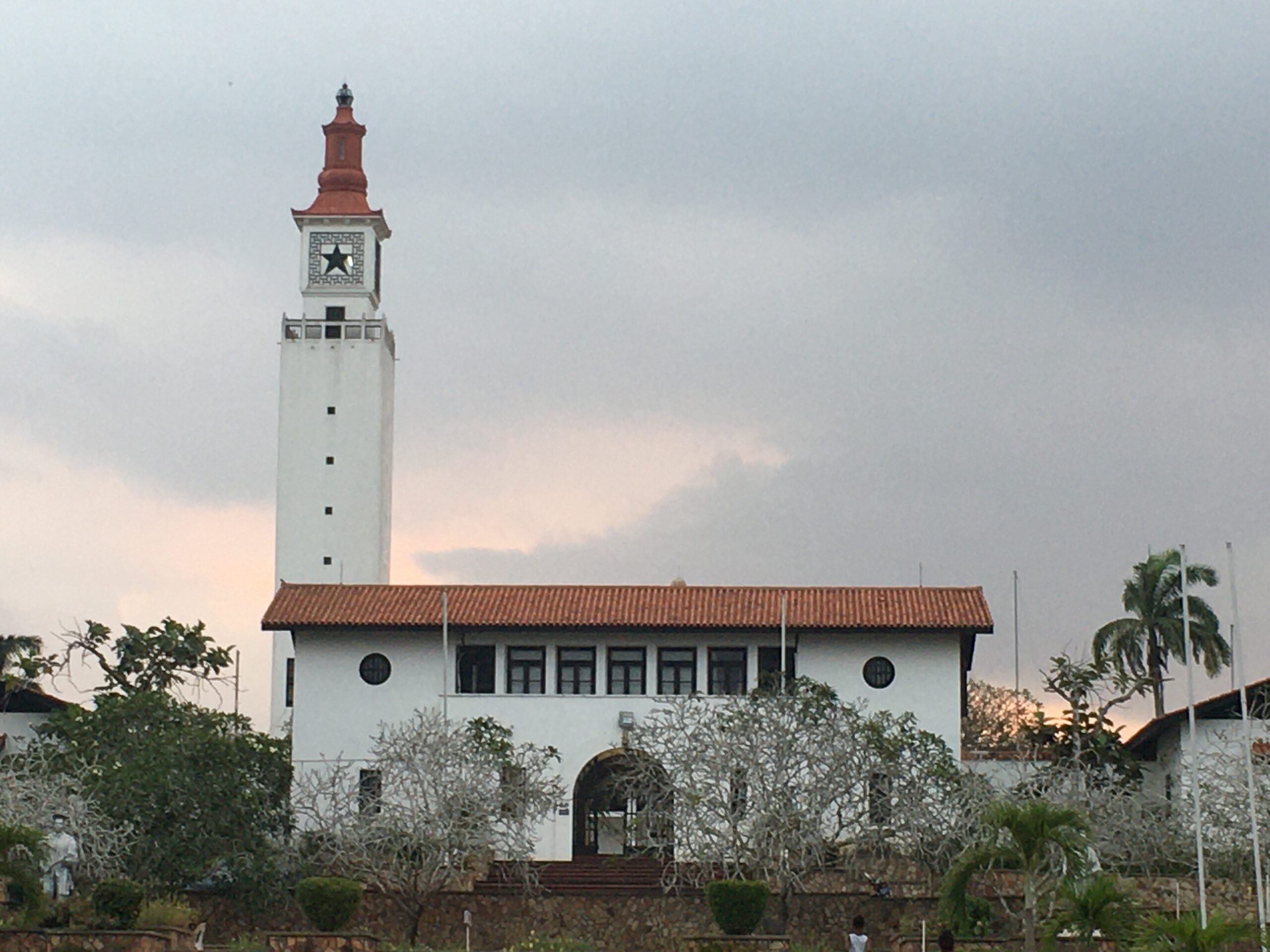







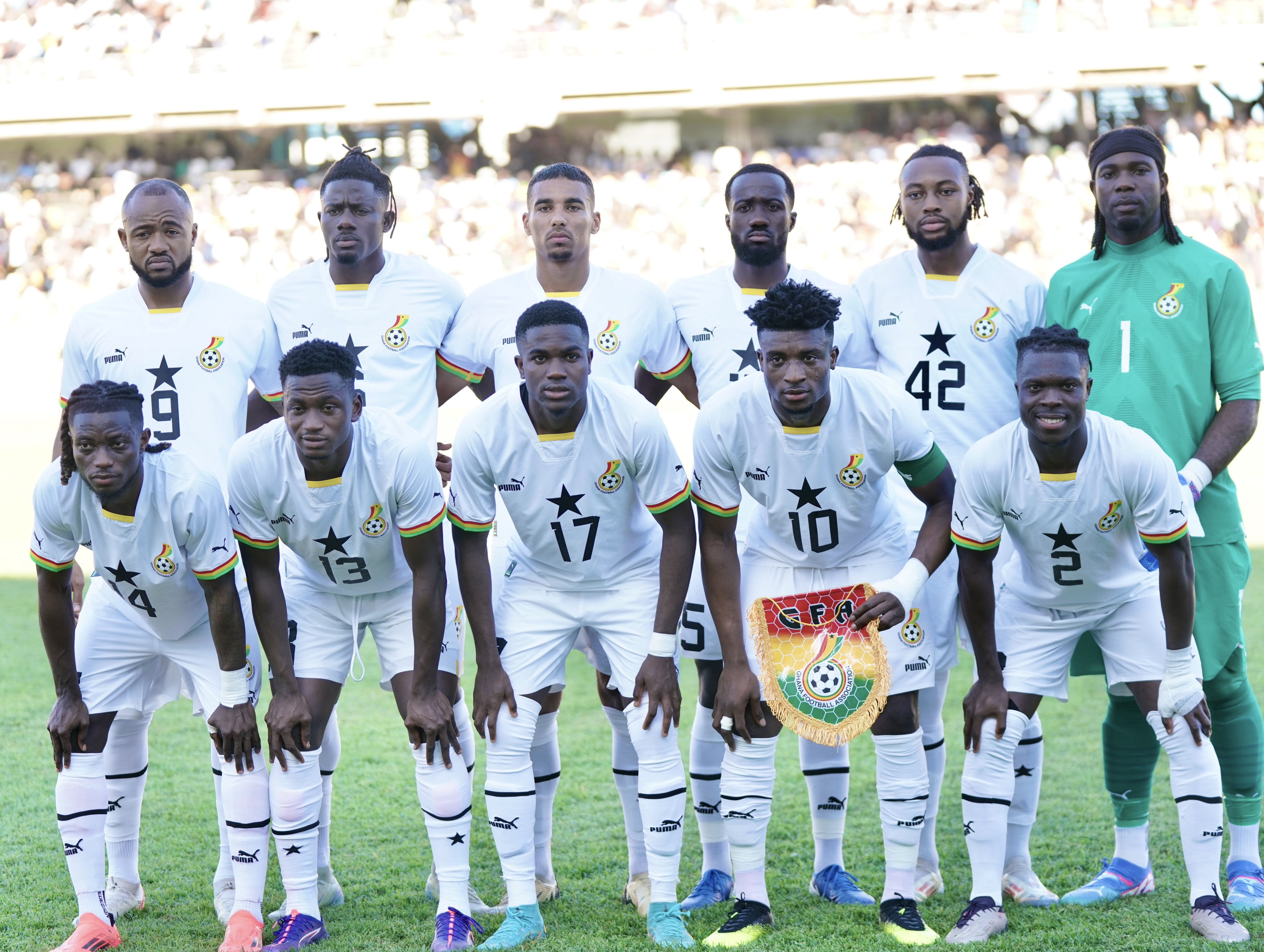

Facebook
Twitter
Pinterest
Instagram
Google+
YouTube
LinkedIn
RSS